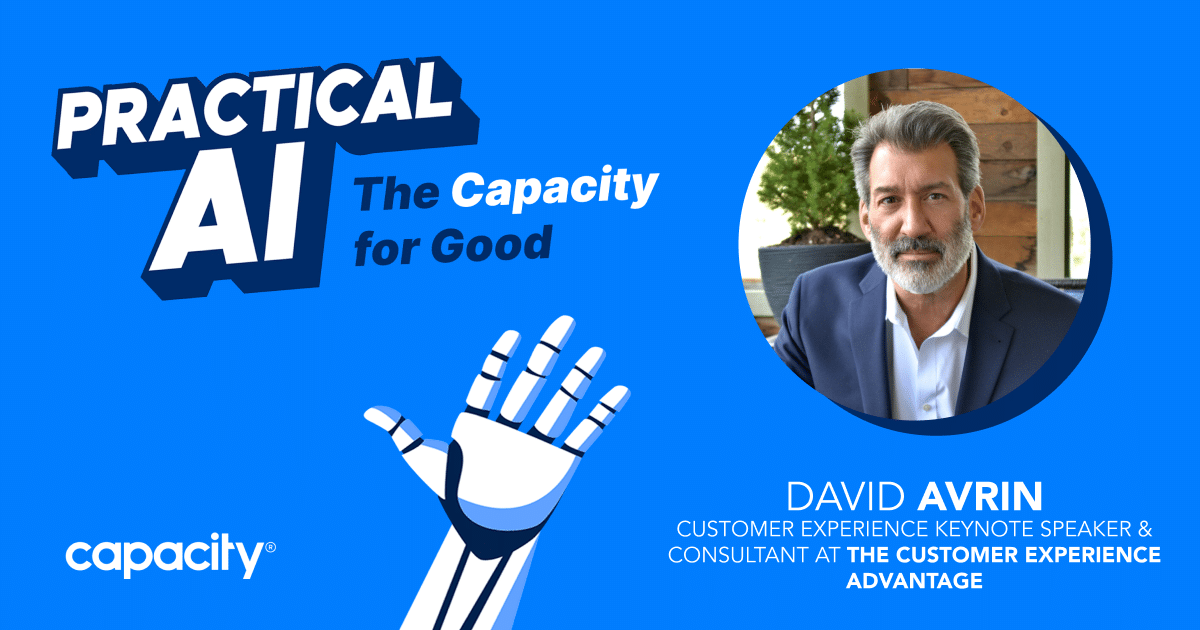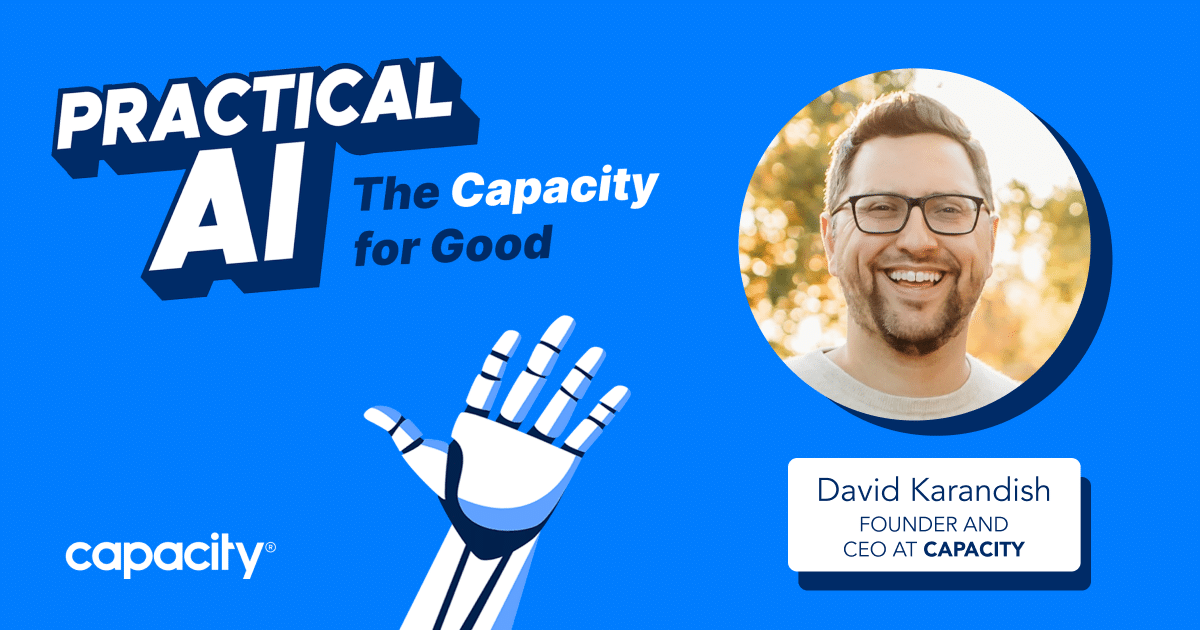If you’re looking for ways to save time and make your life easier, cloud automation could be the answer. Cloud-based automation platforms let you automate mundane tasks so you can focus on the more essential things. From scheduling jobs to provisioning resources, cloud automation is quickly becoming one of the most popular tools in businesses worldwide. So if you’re ready to take advantage of its many benefits, it’s time to get acquainted with cloud automation solutions! Let’s explore the basics together and discover how they can help your business soar.
What is cloud automation?
Cloud automation enables organizations to reduce the manual effort required for setting up, configuring, and administering public, private, and hybrid clouds. Cloud automation combines cloud computing and automation to create a comprehensive solution for businesses looking to store data.

What is automation in cloud computing?
Automation in cloud computing is using software to automate specific tasks, such as provisioning, configuring, and managing cloud resources. Automation reduces manual work associated with cloud-based services, allowing organizations to focus on more strategic objectives while cutting costs.
Let’s define a few terms:
Cloud computing – Cloud computing utilizes IT resources hosted in an interconnected virtual environment. It’s important to note that neither cloud computing nor clouds are unique technologies; they’re simply a means for harnessing available technology and organizing it more efficiently on a network. Cloud computing is an efficient and cost-effective way to access computing services like servers, storage, software, analytics, and data. Through cloud computing, users can accelerate innovation while utilizing flexible resources at scale.
Automation – Automation is using technology to streamline tasks with little human intervention. Businesses that harness the power of automation tech can reap the rewards, such as faster processes, more efficient scaling of your environment, and simplifying complex workflows. There are numerous forms of automation, such as:
- IT automation
- business process automation
- robotic process engineering
- enterprise automation
- artificial intelligence (AI) chatbots
- task automation
- machine learning (ML)
- intelligent helpdesks
Cloud automation is revolutionizing the way businesses operate. It allows organizations to save time, money, and resources by automating routine tasks that employees would otherwise complete manually. Companies can rapidly configure and deploy cloud services with minimal effort by deploying automation platforms. With cloud automation solutions, IT administrators can easily manage multiple public and private cloud systems while freeing up valuable time to focus on other business areas.
What is a cloud automation platform?
A cloud automation platform is an automated system that automates complex processes and tasks associated with cloud computing. The cloud automation platform allows organizations to simplify the process of configuring, deploying, managing, and maintaining their public or private clouds. Cloud automation platforms use software-defined infrastructure services such as cloud service providers (CSPs), Infrastructure as a Service (IaaS) providers, and Platform as a Service (PaaS) providers. It also allows organizations to manage cloud-based applications and services, such as storage, computing, networking, and databases, in an agile manner.
Companies can use cloud automation platforms to automate tasks related to software development life cycles (SDLCs), application deployment processes, and cloud service management. This allows organizations to have a simplified approach to managing their cloud environment and to work better on the cost associated with cloud computing.

4 benefits of cloud automation solutions
Cloud automation is essential for organizations looking to maximize efficiency, reduce costs, and improve user experiences. Let’s take a deeper look into these cloud solution pros:
1. Reduced operational costs
Reduced operational costs are a key benefit of cloud automation solutions. It means businesses can save time and money while reducing the potential for human error in mundane tasks. Automating routine processes frees up resources for more meaningful projects that can help grow the business. This is especially important for companies looking to scale quickly and efficiently. Cloud automation solutions can make that happen by allowing businesses to automate manual and tedious processes, freeing up time for more strategic initiatives.
In addition, cloud automation allows organizations to take advantage of the most efficient tools available, ensuring tasks are completed promptly and with minimal effort. This helps reduce operational costs, an important factor when running a successful business.
2. Enhanced security
Enhanced security is essential for any organization that utilizes automation solutions. With increasingly sophisticated cyber threats, protecting systems from unauthorized access and malicious actors is vital. Cloud automation platforms allow IT administrators to create secure access control policies and receive regular updates on the latest security patches and updates. This helps protect user data from cyber threats while also allowing organizations to quickly identify any potential vulnerabilities that may be present in their cloud environment.
Cloud automation solutions can help organizations better manage their security posture and keep their systems safe from external attacks.
3. Improved User Experience
The improved user experience provided by cloud automation platforms is invaluable for businesses. It helps to attract and retain customers, as well as increase customer satisfaction. Cloud automation solutions make engaging with a business’s product or service easier by allowing users to access the services, applications, and resources they need quickly and easily. This can drive business growth, as satisfied customers are more likely to become repeat customers and spread the word about a company’s product or service.
Additionally, enhancing the user experience through cloud automation can lead to better customer loyalty, making it more likely for users to remain with a company’s product or service in the long run.
4. Increased Efficiency
Cloud automation solutions allow organizations to automate mundane tasks associated with cloud computing so they can focus on more complex initiatives. Cloud solutions help to streamline processes, freeing up resources and allowing organizations to focus on more complex tasks that create value. Additionally, automated processes can be completed quicker with fewer errors, helping to reduce operational costs.
By utilizing cloud automation platforms, businesses can scale their environment quickly and easily, ensuring they are always using the most efficient tools available. Overall, cloud automation helps businesses to become more efficient and effective in all aspects of their operations.
Cloud-based automation examples
Cloud automation can be used in many different industries, such as finance, software, healthcare, and insurance, to name a few. Some examples include:
- Automating the provisioning, scaling, and management of infrastructure such as servers, storage, and networks.
- Storing crucial company knowledge in a digital place, allowing 24/7 access.
- Automate application deployment processes to roll out new versions or updates quickly with minimal human intervention.
- Streamlining data backup workflows to ensure that customer data is secure and up-to-date.
- Automating security processes to ensure compliance with regulatory standards.

Top 5 cloud automation software companies
Cloud automation software companies provide businesses with various tools and services to help streamline and automate their digital operations. Here are a few of the best:
1. Capacity
Capacity is a cloud automation platform designed to provide businesses an efficient and cost-effective way to manage their digital infrastructure. The platform provides users with enhanced security features, improved user experience, and increased efficiency. Additionally, Capacity has a wide range of integrations with popular cloud providers that enable users to deploy applications quickly in the cloud.
Pros: Easy to use platform; Variety of integrations; Improved user experience; Free trial available
Cons: It can take some training for new users to get fully onboard
2. CloudBolt Software
Cloudbolt provides an enterprise management platform to help businesses gain greater visibility, control, and automation over their cloud environments.
Pros: Easy deployment, secure access controls
Cons: Limited scalability options and lack of support for certain third-party applications.
3. RightScale
RightScale provides a multi-cloud management platform enabling businesses to deploy and manage their cloud infrastructure quickly.
Pros: Simple GUI-based interface, supports multiple cloud providers
Cons: More expensive than other solutions, lacks certain features such as advanced monitoring or reporting.
4. SaltStack
SaltStack is an open-source configuration management and automation platform designed to help organizations manage their servers, databases, and applications.
Pros: simple and intuitive GUI, flexible orchestration capabilities.
Cons: no built-in security features such as authentication or encryption.
5. Ansible
Ansible is an open-source IT automation engine that can automate cloud provisioning, configuration management, and application deployment.
Pros: simple YAML-based language, supports a wide range of operating systems
Cons: lacks certain features such as advanced monitoring or reporting capabilities.

Cloud automation With Capacity
Cloud automation is one of those technologies that has revolutionized how we do business. With its help, organizations can optimize operations and take advantage of automated processes that reduce manual labor and increase productivity. Now, with the help of cloud automation solutions, you can make the most of your business and get one step closer to achieving success.
Capacity is the best support automation platform for businesses to streamline their operations and optimize their data. With Capacity, companies can quickly provision and manage resources while gaining complete visibility over their information with secure access controls. Additionally, the platform integrates with a wide range of popular cloud providers, allowing businesses to deploy applications quickly in the cloud.
With Capacity, businesses can rest assured that their cloud operations are secure and efficient, making it the perfect choice for any organization looking for an automated cloud solution. See how our friends at NMB organize their digital data and automate over 90% of repetitive processes with Capacity’s platform.
Ready to get started with cloud-based automation? Try Capacity for free today!





